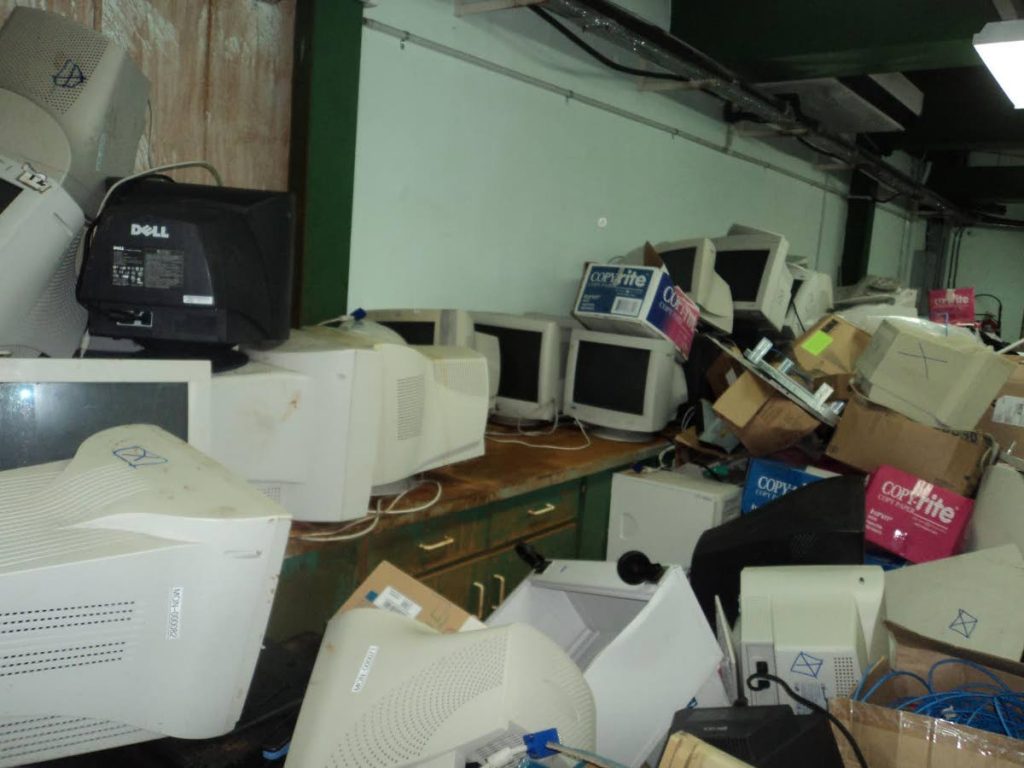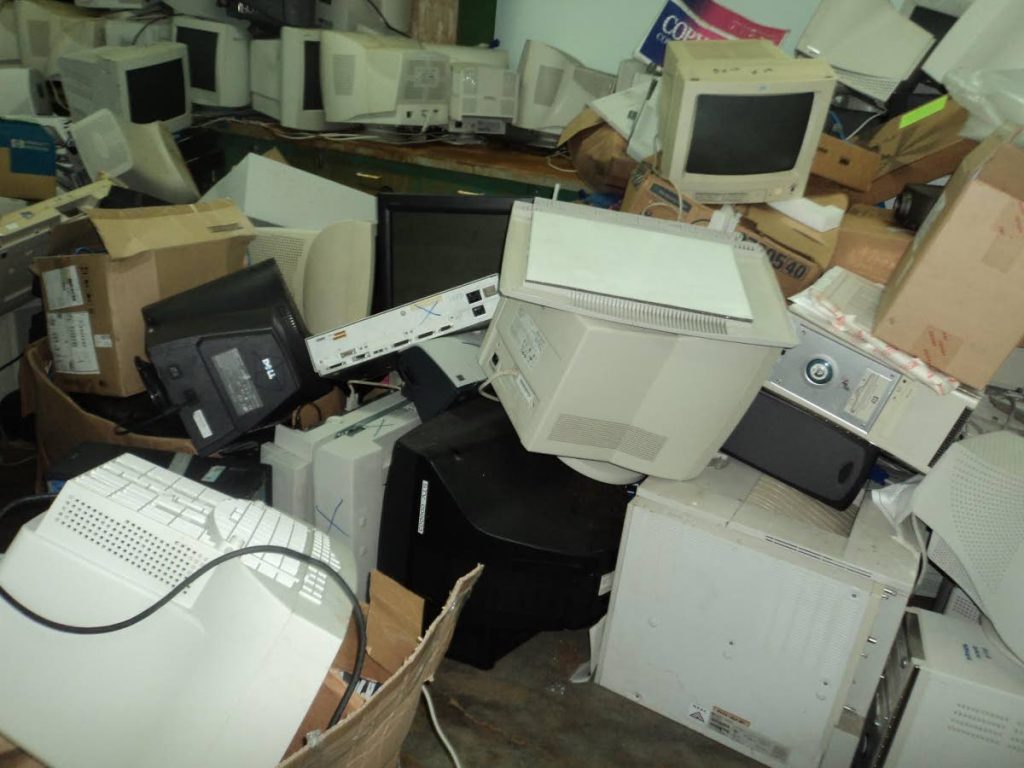Piranha attacks e-waste

SEVERAL major companies have begun to realise the importance of retrieving and recycling waste, even more so as the threat of pollution and its effects have prompted organisations worldwide – both private and public – to take action. But the ever-increasing popularity of recycling – particularly recycling plastic – has led these organisations to only scratch the surface of the types of waste that continue to pollute our country, and by extension our planet.
One such type of waste is electronic waste, or e-waste.
E-waste items include all obsolete or outdated computers, TVs, cell phones, printers, personal digital assistants (PDAs) and thousands of other items that may have a computer chip, magnetic strip or electronic cord. E-waste also includes several items that were called “white waste” – any appliance that would have traditionally been painted white, like fridges, washing machines and microwaves.
E-waste is considered by many to be one of the faster growing solid waste streams in the world, as the global tech revolution consistently fuels the public’s need for new and better technology, leading people to discard any old or obsolete electronic items they may own.

Piranha International, a waste management company that has been in operation since 2003, has taken up the mantle against this particular form of waste, but directors of the company believe not enough is being done in the fight against e-waste. Piranha directors, Nadine Lakatoo, and Anthony Brian Allum called for more education and participation in the proper disposal of e-waste as they believe the effects of improper disposal could have a worse and more immediate effect on TT citizens than plastic. But unlike plastic, there is no champion for the e-waste cause.
“Just like everything else, electronic waste has taken a back seat to plastic which is more visible and easier to recognise because it is ‘sexier,’” Allum said in a Business Day interview with the directors at their office in California, Couva recently. “(With plastic) you could do a beach clean-up and get attention.”
The threat of e-waste is more imminent and immediate than that of plastic, Piranha said. E-waste contains components, which if not disposed of properly can get into water systems and even in the air, and cause or exacerbate ailments like asthma or cancer.
Some of the components found in most electronic items include lead, mercury, arsenic, flame retardants, cadmium and cobalt.”

Exposure to any of these components can lead to an array of ailments including brain, kidney and bone density damage, hair loss, headaches, reproductive harm, suppression of the immune system and cancer. Extensive exposure to some of these components could also kill you.
On May 26, Piranha teamed up with Massy stores in a “day of caring,” where they made themselves available to the public in Maraval and Gulf View and took in all the waste brought in to them.
Piranha collected 382 items, including ballasts, chargers, cellphones, laptops, scanners, VHS cassettes, cassette rewinders and central processing units (CPUs) for computers. Within that, they recovered close to 12 kilogrammes of harmful materials.
Allum said Massy invited the company to partner in in the day of caring, believing the two companies would make a good pairing in the recycling drive.
Because of the response, Piranha directors are making plans to have regular e-waste drives, where people can bring their items to a certified handler of these waste materials, for safe and proper disposal.
“People know that they cannot just throw their computers and other electric items in the garbage, but still they do not know exactly what to do with their e-waste.” Lakatoo said. “That is why we need education.”
Piranha said one of the more important things people should know about e-waste is how important it is to keep it out of landfills and dump sites. Lakatoo explained that even though there is a clay lining at the bottom of our dump sites in Beetham Gardens, Guanapo Heights and Forres Park, that lining may not be enough to keep harmful chemicals from leaking into the soil and getting into the water systems, or from being burned, release toxic fumes in the air.
According to Piranha, companies who handle this particular type of waste also have to be certified and their employees qualified to take care of these materials properly. Allum told Business Day while the Solid Waste Management Co Ltd (SWMCOL), which operates the country’s landfills, has banned e-waste, security is lax in the dumps that any material can get in without SWMCOL’s knowledge.
“A lot of people do not know that e-waste is a problem and those who do know, there is nothing to stop them from dumping it in the landfill because it is not protected,” Allum said.
He added that even when people want to discard e-waste, there are no free e-waste disposal companies in the country, neither is there any legislation in place specific to the handling of e-waste.
Both Allum and Lakatoo advised that companies and individuals use their purchasing power to ensure that e-waste is handled properly. Both companies and individuals should be able to return their e-waste to the source – the company they bought the item from – and have them gather and make arrangements for proper disposal.
“Companies recognise and will respond to customers trends. What we are seeing today is a more environmentally conscious consumer. With that in mind, any company would be foolish not to get on the pulse of that. This is new territory for people,” Allum said. At US electronics chain Best Buy, there’s a container where you can throw away your old electronics. “If it could happen there, it could happen here.”
People should also make sure that whoever they approach to handle their e-waste is qualified and certified to do so.
There are several internationally-recognised certificates, Piranha said, but the most important locally was a certificate of environmental clearance because no company should be operating without one.
“Ask your waste disposal provider if they are certified. Ask them where their waste ends up, and if they can provide you with those details. Things like that should be no secret,” Allum said.

Comments
"Piranha attacks e-waste"